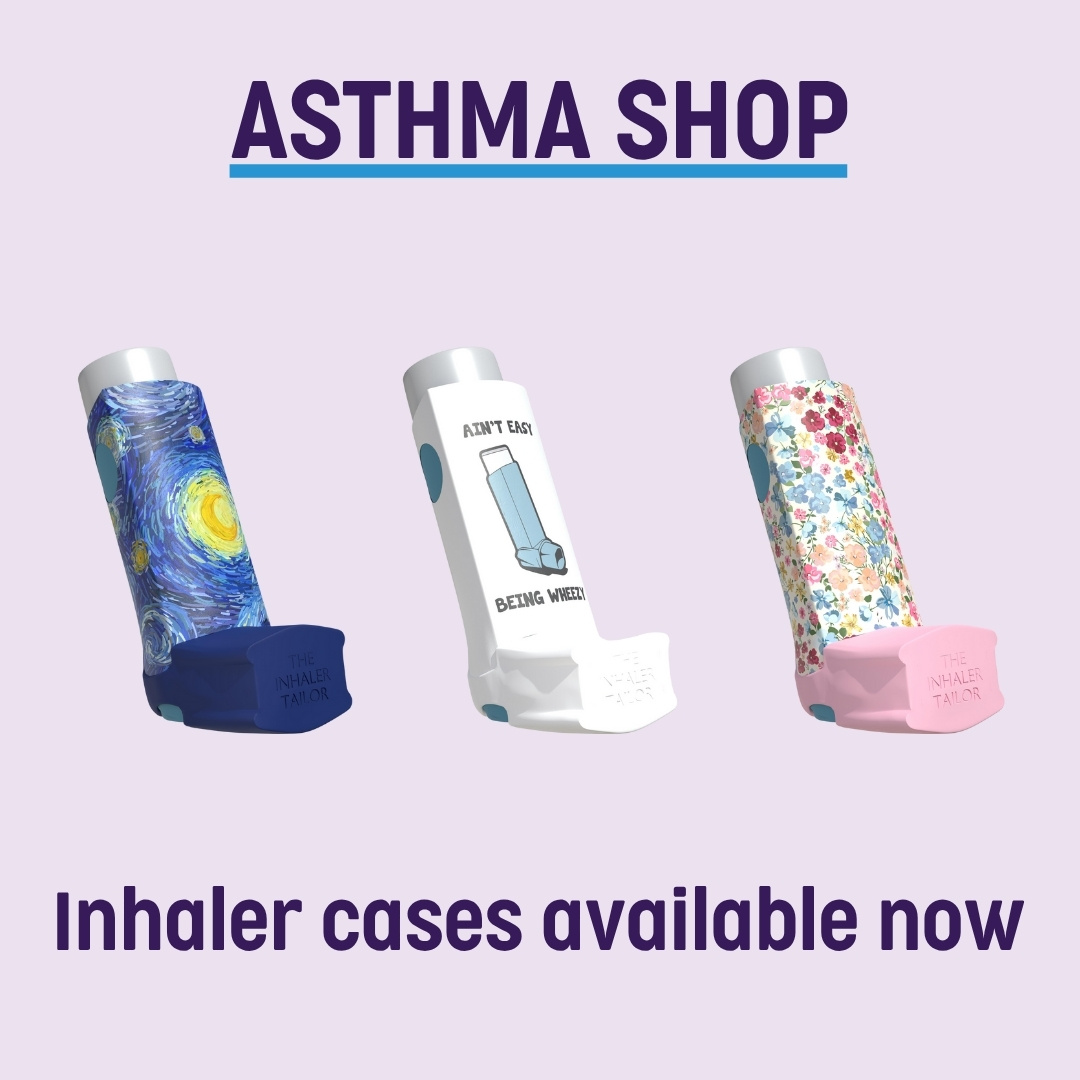Yes! But you should also try to address why you can’t breathe through your nose. If you have hay fever, allergies or sinus issues, many of these can be managed with the right treatment.
The best treatment for hay fever and allergies is sometimes a medicated nasal spray rather than a common antihistamine tablet – learn more about the options here: https://asthma.org.au/about-asthma/triggers/hay-fever/treatment/
You can also try a nasal flush if you have sinus issues or a blocked nose due to illness. If you are unsure why your nose is blocked, ask your doctor for help.
A common mistake people make with huffing is trying to huff too strongly. Huffing is a gentle breathing technique, trying to force it out too strongly makes the airway collapse and will not work as well.
When you feel like you have phlegm or mucus in your chest. Huffing and coughing only work well when there is something that needs clearing. For some, this may be daily, others only when they are sick. Huffing when you only have a dry cough will not be helpful and may irritate your airways more. A dry cough more likely needs hydration and humidification.
Humidity is another common trigger. Sometimes your lungs need just the right level of moisture in the air. For some, this means using humidifying techniques to combat the effects of heating and cooling. For others, it means using dehumidifiers in very humid weather. What’s right for you depends on how your lungs react in different conditions.
You need to find a Respiratory Physiotherapist. They can be hard to find, but this website can help: choose.physio/find-a-physio. You can also ask your local doctor if they know someone close by or your local hospital. You don’t always need a formal referral from a doctor to see a physio, so call your closest respiratory physio and find out how they work. Many also offer telehealth.





 1800 278 462
1800 278 462



